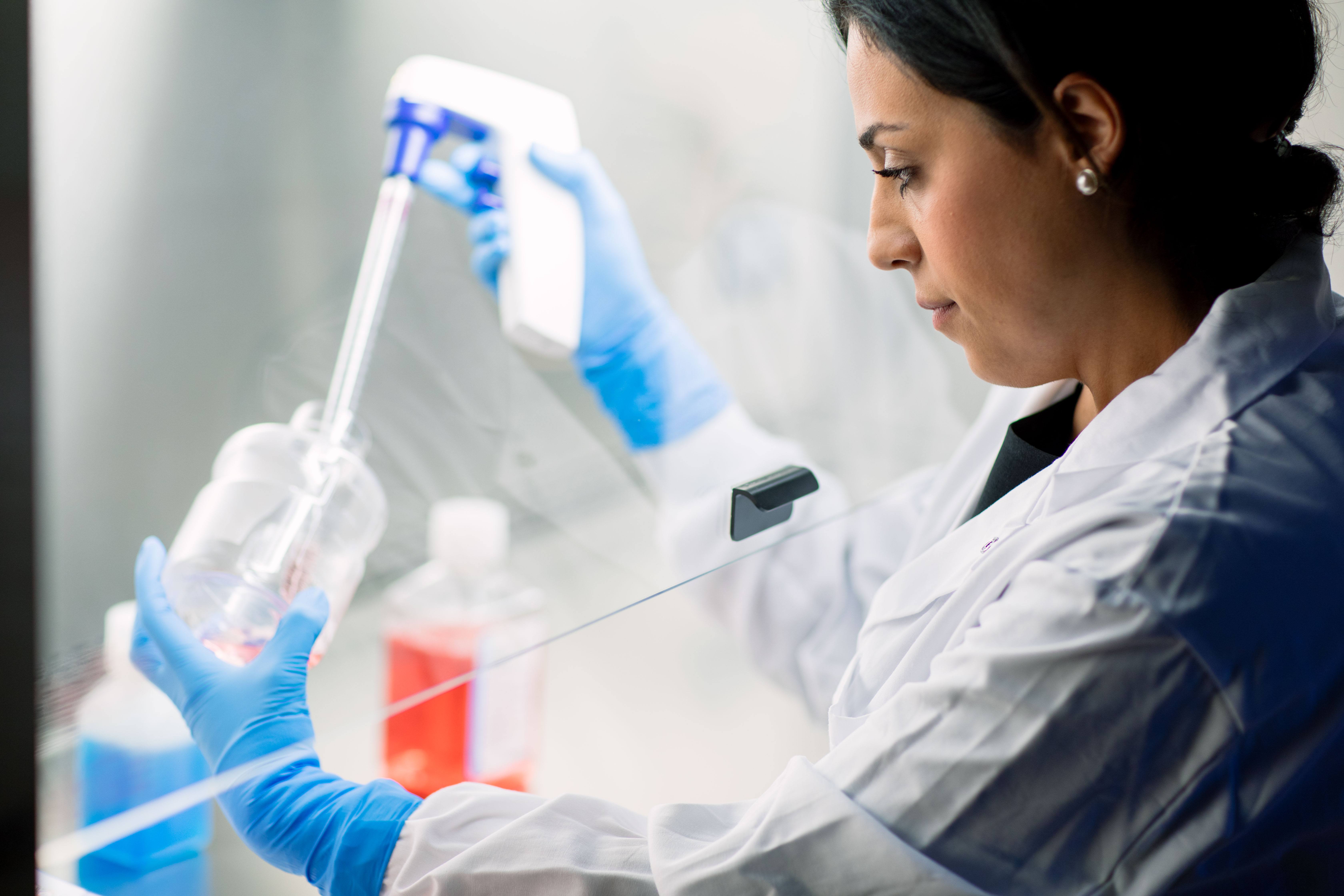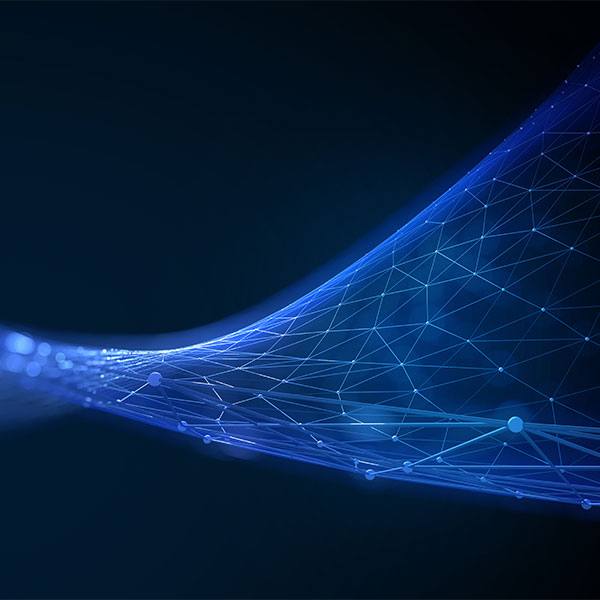-
Mayo Clinic research discovers how stem cells repair damage from heart attacks

ROCHESTER, Minn. — Mayo Clinic researchers have uncovered stem cell-activated mechanisms of healing after a heart attack. Stem cells restored cardiac muscle back to its condition before the heart attack, in turn providing a blueprint of how stem cells may work.
The study, published in NPJ Regenerative Medicine, finds that human cardiopoietic cells zero in on damaged proteins to reverse complex changes caused by a heart attack. Cardiopoietic cells are derived from adult stem cell sources of bone marrow.
"The extent of change caused by a heart attack is too great for the heart to repair itself or to prevent further damage from occurring. Notably, however, cardiopoietic stem cell therapy reversed, either fully or partially, two-thirds of these disease-induced changes, such that 85% of all cellular functional categories affected by disease responded favorably to treatment," says Andre Terzic, M.D., Ph.D., director of Mayo Clinic's Center for Regenerative Medicine. Dr. Terzic is the senior author of the study.
This new understanding of how stem cells restore heart health could provide the framework for broader applications of stem cell therapy across various conditions.
"The actual mode of action of stem cells in repairing a diseased organ has until now been poorly understood, limiting adoption in clinical care. This study sheds light on the most intimate, yet comprehensive, regenerative mechanisms ― paving a road map for responsible and increasingly informed stem cell application," says Dr. Terzic.
Heart disease is a leading cause of death in the U.S. Every 40 seconds, someone in the U.S. has a heart attack, according to the Centers for Disease Control and Prevention. During a heart attack, cardiac tissue dies, weakening the heart.
"The response of the diseased heart to cardiopoietic stem cell treatment revealed development and growth of new blood vessels, along with new heart tissue," adds Kent Arrell, Ph.D., a Mayo Clinic cardiovascular researcher and first author of the study.
The research
Researchers compared the diseased hearts of mice that did not receive human cardiopoietic stem cell therapy with those that did. Using a data science approach to map all the proteins in the heart muscle, researchers identified 4,000 cardiac proteins, more than 10% of which suffered damage by a heart attack.
"While we anticipated that the stem cell treatment would produce a beneficial outcome, we were surprised how far it shifted the state of diseased hearts away from disease and back toward a healthy, pre-disease state," says Dr. Arrell.
Cardiopoietic stem cells are being tested in advanced clinical trials in heart patients.
"The current findings will enrich the base of knowledge pertinent to stem cell therapies and may have the potential to guide therapeutic regimens in the future," says Dr. Terzic.
This study was made possible by funding from National Institutes of Health grants R01 HL134664 and T32 HL07111, Regenerative Medicine Minnesota grant 021218BT001, the Marriott Family Foundation, the Van Cleve Cardiac Regenerative Medicine Program, the Michael S. and Mary Sue Shannon Family, and Mayo Clinic's Center for Regenerative Medicine.
Dr. Terzic is the Michael S. and Mary Sue Shannon Director, Mayo Clinic Center for Regenerative Medicine, Marriott Family Professor in Cardiovascular Diseases Research, and Marriott Family Director, Comprehensive Cardiac Regenerative Medicine.
###
About Mayo Clinic's Center for Regenerative Medicine
Mayo Clinic's Center for Regenerative Medicine seeks to integrate, develop and deploy new regenerative medicine products and services that continually differentiate Mayo's practice to draw patients from around the world for complex care. Learn more on Mayo Clinic's Center for Regenerative Medicine website.
About Mayo Clinic
Mayo Clinic is a nonprofit organization committed to innovation in clinical practice, education and research, and providing compassion, expertise and answers to everyone who needs healing. Visit the Mayo Clinic News Network for additional Mayo Clinic news and An Inside Look at Mayo Clinic for more information about Mayo.
Media contact:
- Susan Buckles, Mayo Clinic Public Affairs, 507-284-5005, newsbureau@mayo.edu







